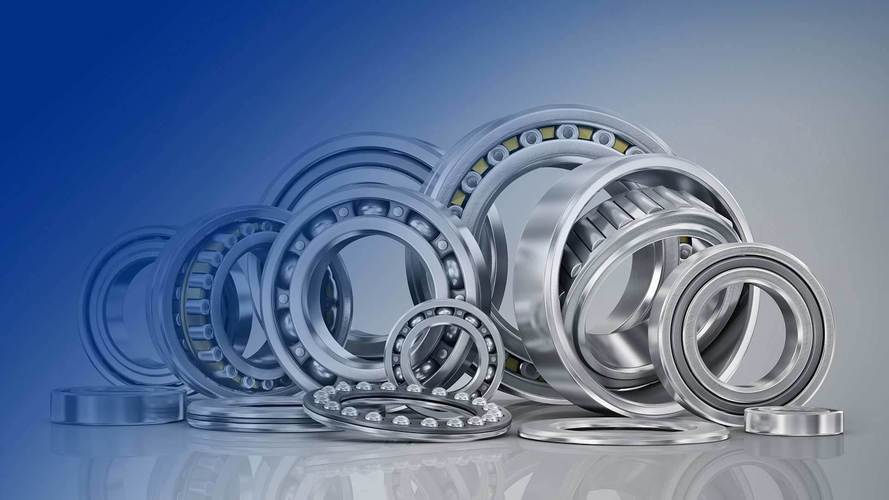Precision Bearings in China's Automotive Industry: A Complete Guide for Global Buyers
# Precision Bearings in China's Automotive Industry: A Complete Guide for Global Buyers
## Introduction
Precision bearings are engineered components designed to reduce rotational friction while supporting radial and axial loads in automotive systems. **As critical elements in modern vehicles**, they ensure smooth operation of transmissions, wheel hubs, and electric motors. The Chinese automotive bearing market, valued at $8.9 billion in 2023, is projected to grow at 6.2% CAGR through 2025, driven by EV adoption and smart manufacturing upgrades.
With over 40% of global bearing production originating from China, international buyers face both opportunities and challenges in supplier selection. How can manufacturers identify **high-quality precision bearings** that meet stringent automotive standards while maintaining cost efficiency? This guide provides actionable insights for procurement professionals.
## Section 1: What Are Precision Bearings?
### Core Components in Motion Control
Precision bearings feature:
- Ultra-smooth raceways (Ra ≤0.1μm)
- Advanced heat-treated steel alloys
- Optimised clearance grades (C2 to C5)
**Key automotive applications** include:
1. Electric vehicle powertrains
2. Steering column assemblies
3. Turbocharger systems
4. Autonomous driving sensors
## Section 2: Benefits of Precision Bearings
### Engineering Advantages That Reduce TCO
- **68% longer service life** vs. standard bearings (ABMA 2022 study)
- 15-20% energy savings through reduced friction
- Vibration reduction up to 40 dB in high-speed applications
## Section 3: Precision Bearings vs Alternatives
| Feature | Precision Bearings | Bushings | Sleeve Bearings |
|-----------------|--------------------|----------------|-----------------|
| Speed Capacity | 20,000 RPM | <5,000 RPM | <3,000 RPM |
| Maintenance | Sealed for life | Weekly grease | Daily oiling |
| Cost Efficiency | 5-year warranty | 6-month replacement | 3-month replacement |





 13869596835
13869596835